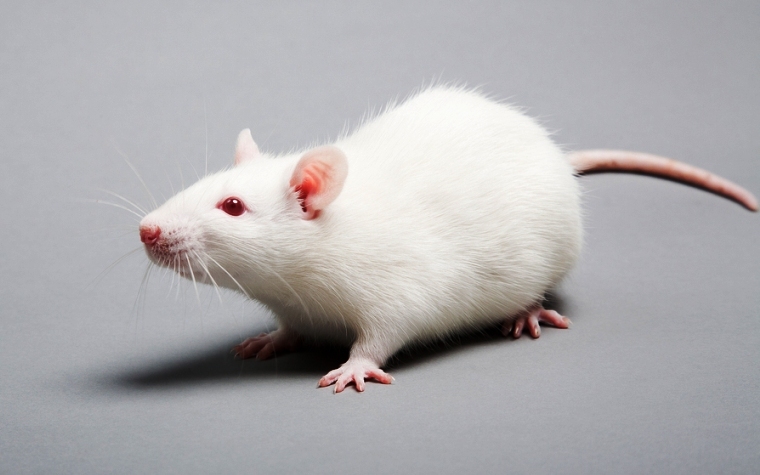GeoVax announced promising results in testing a Lassa hemorrhagic fever vaccine (LASV) in mice.
GEO-LM01 provided 100 percent protection to the vaccinated mice in a single dose.
"The fact that the GeoVax platform combines variable (glycoprotein) and conserved (matrix protein) antigens should broaden its protective capabilities and reduce the severity of infection by related pathogens," University of Maryland School of Medicine Professor Dr. Maria Salvato said.
The mice were vaccinated with GEO-LM01, then infected with LASV. While all the vaccinated mice survived, the control group of unvaccinated mice died within one week. The study was conducted a second time and had the same results. The vaccinated mice had a strong T cell immune response 10 days after being vaccinated. While the tests are promising, additional testing is necessary before human clinical trials.
"We are extremely pleased with our collaborations with Dr. Salvato who has conducted research on the molecular/cell biology of arenaviruses like LCMV and LASV, and their virus:host interactions for more than three decades," GeoVax Chief Scientific Officer Farshad Guirakhoo said. "With this work, we have now shown single-dose efficacy with three of our vaccines based on different families of viruses (Zika, EBOV and LASV) validating the broad utility of our MVA-VLP platform for infectious diseases and oncology. Lassa fever has a greater human impact than any other hemorrhagic fever virus, except for dengue fever, and despite this clear need, no vaccine has yet entered human clinical trials. We are now ready for advanced preclinical testing leading to initiation of human clinical trials."
LASV causes severe hemorrhagic illnesses, which are often fatal. While the annual incidence is estimated at approximately 300,000 cases and 5,000 to 10,000 deaths, new data suggests that LASV may infect up to 3 million people with 67,000 death annually. There is currently no treatment or vaccine to stop LASV epidemics.











 Alerts Sign-up
Alerts Sign-up